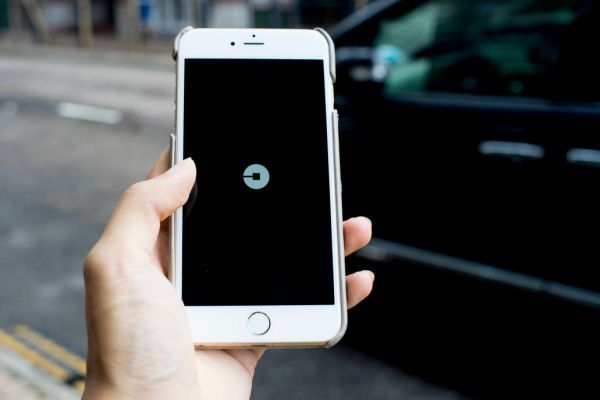Seeking to rise to increased competition, Uber has inked its first payments deal in Southeast Asia after it announced a partnership with Vietnam-based mobile wallet service Momo.
Momo, which raised $28 million led by Standard Chartered last year, will become a payment option inside the Uber app in Vietnam, alongside cash and credit cards. The app is the country’s top mobile payment service. It is used by five million people to pay bills, transport tickets and more so an alignment with Uber makes sense.
The rollout will be gradual with an initial 30 percent of Uber’s Android app users getting the option to pay via Momo as of today. That will extend to all Android users over the next month, with iOS — which trails Android significantly on marketshare in Vietnam — to come later.
Uber said Vietnam is one of its “fastest growing Asian markets” but it did not provide user figures. The deal is the first of its kind for Uber in Southeast Asia, a region where it has a tough challenge battling Singapore-based Grab in seven markets and local unicorn Go-Jek in Indonesia.
Uber has mobile wallet deal with Paytm in India, but that was struck back in 2014 due to regulatory requirements.
“We always looking for ways to make taking an Uber more seamless, but there is nothing to announce today,” Uber said when asked whether it plans to seek other partnerships across Southeast Asia.
Both Grab, which recently raised $2 billion from SoftBank and China’s Didi, and Go-Jek have put a heavy focus on mobile payments, with each building a mobile wallet service of their own that will eventually go beyond paying for ride-sharing to pay for other goods.
Go-Jek, which is backed by Chinese internet giant Tencent, plans to spin out its Go-Pay service into a standalone app next year. Go-Pay can already be used for a range of services beyond motorbikes and taxis on-demand. Go-Jek, which is valued at $3 billion, has said it may expand its reach outside of Indonesia using Go-Pay, rather than ride-sharing, as its initial launch service.
Grab, meanwhile, began working on its GrabPay platform last year. Earlier this month, it launched support for third-party merchants in Singapore that allows its app to used to pay at street food vendor stalls. It plans to scale to 1,000 merchants by the end of this year and expand the initiative to other parts of the region in 2018.
The tie-in with Momo doesn’t see Uber go to the lengths that its rivals have, but it does represent a new approach on seeking out deals and partnerships that the Uber would previously not have considered.
In an interview earlier this month, Uber’s head of Asia Brooks Entwistle told TechCrunch that the firm is willing to work with governments and even taxi drivers to develop its business in Southeast Asia. Entwistle also hinted at partnerships with payment firms, and said that Uber is looking into options within the on-demand bike rental space.
